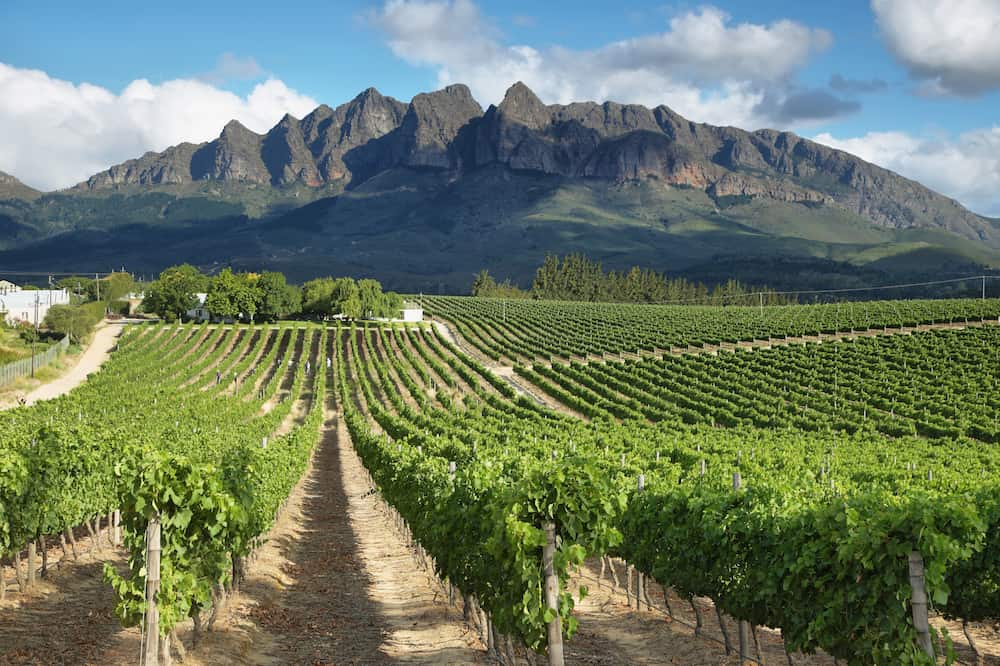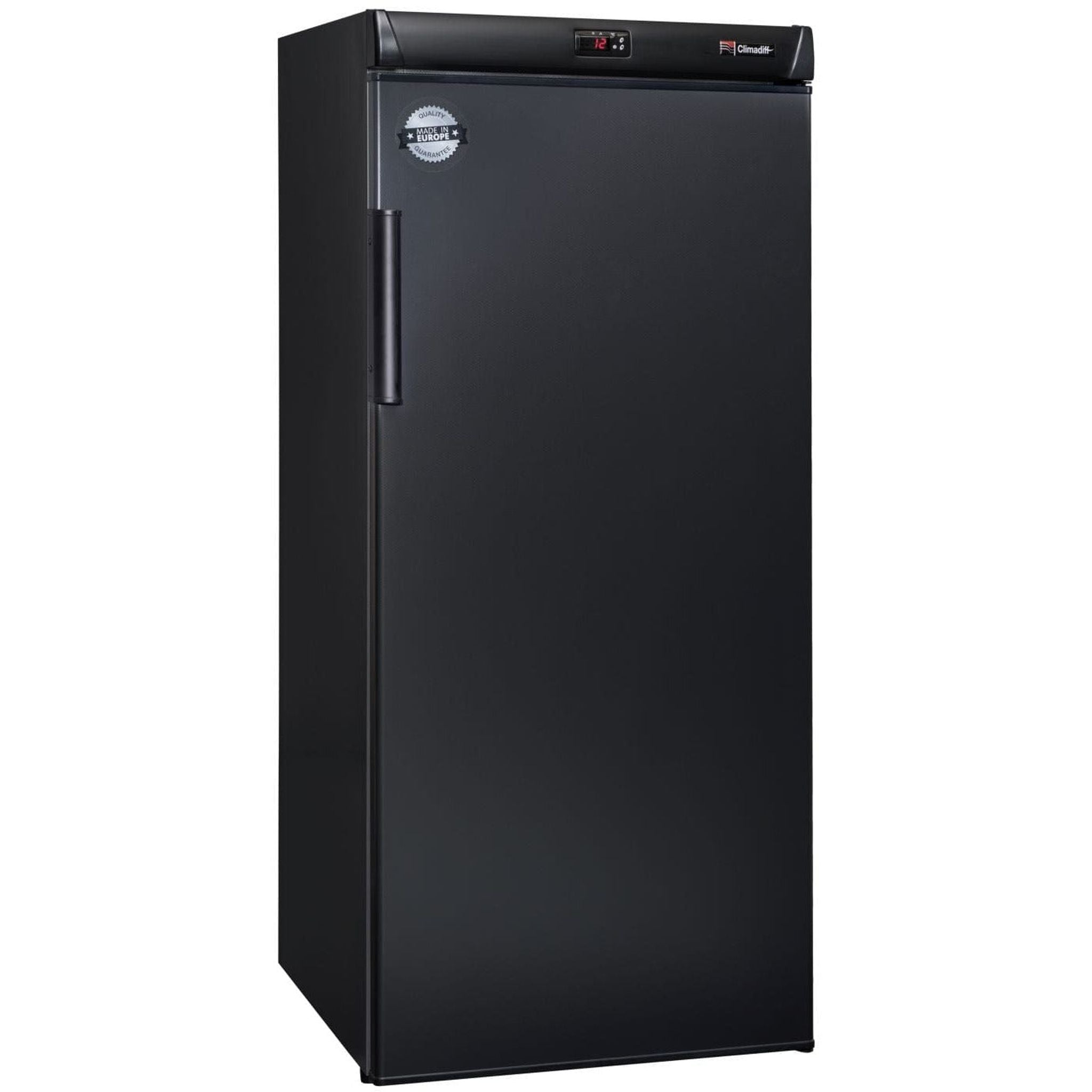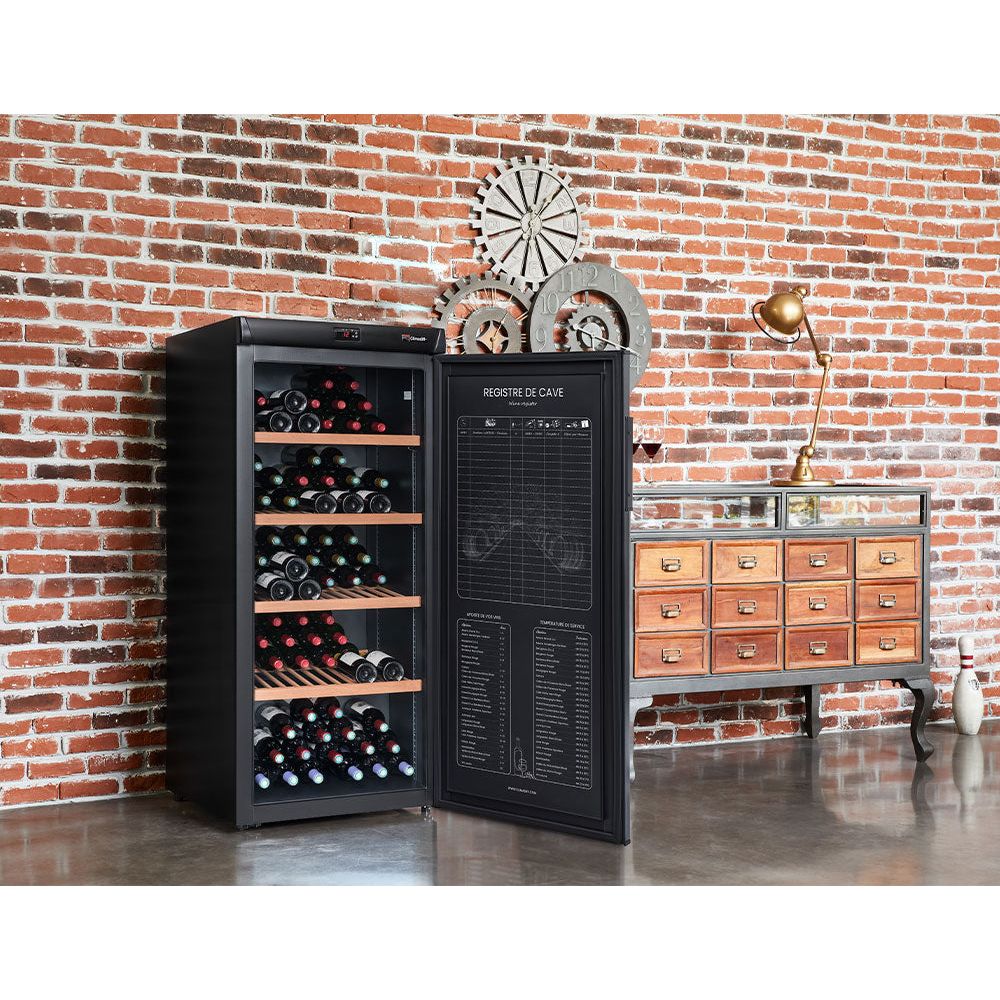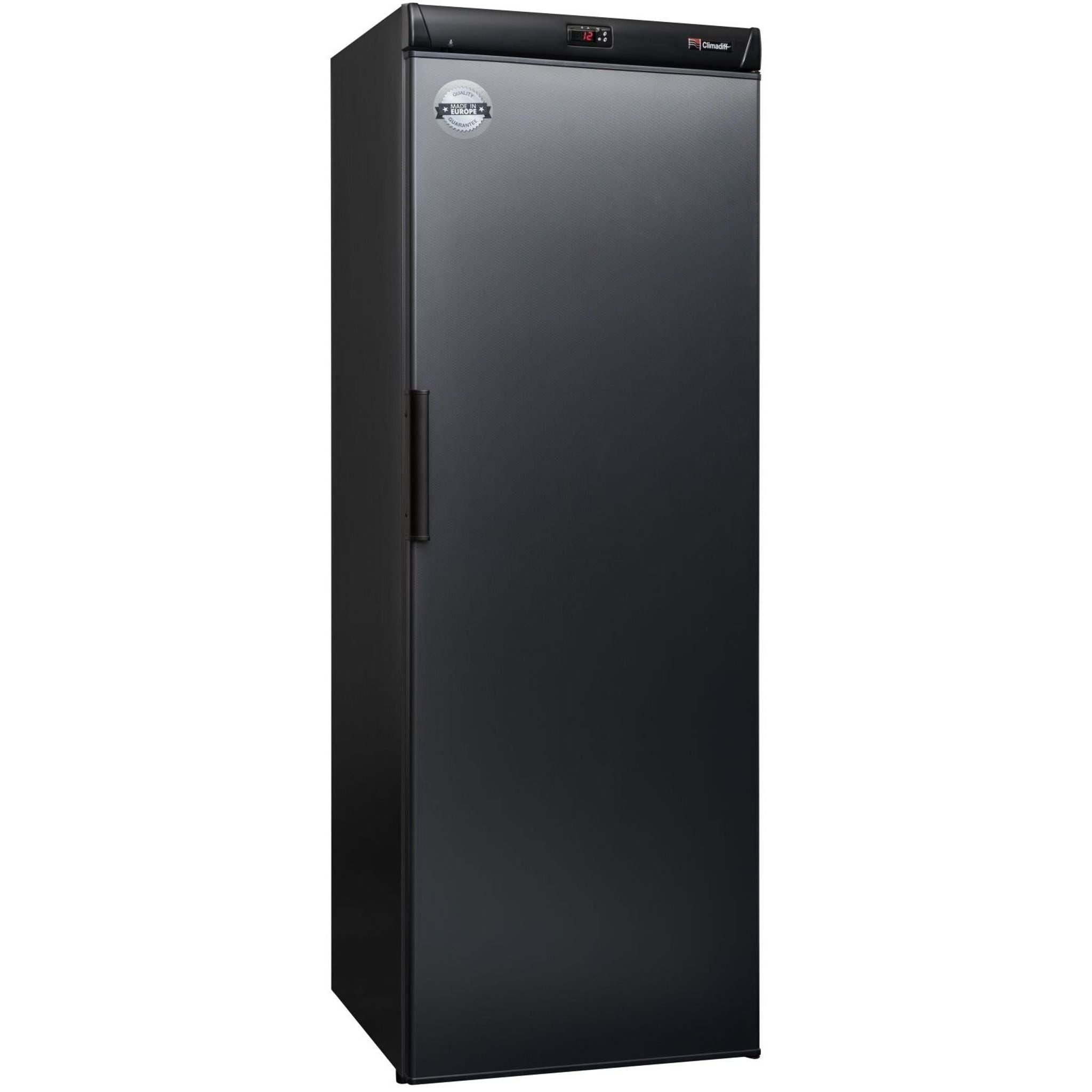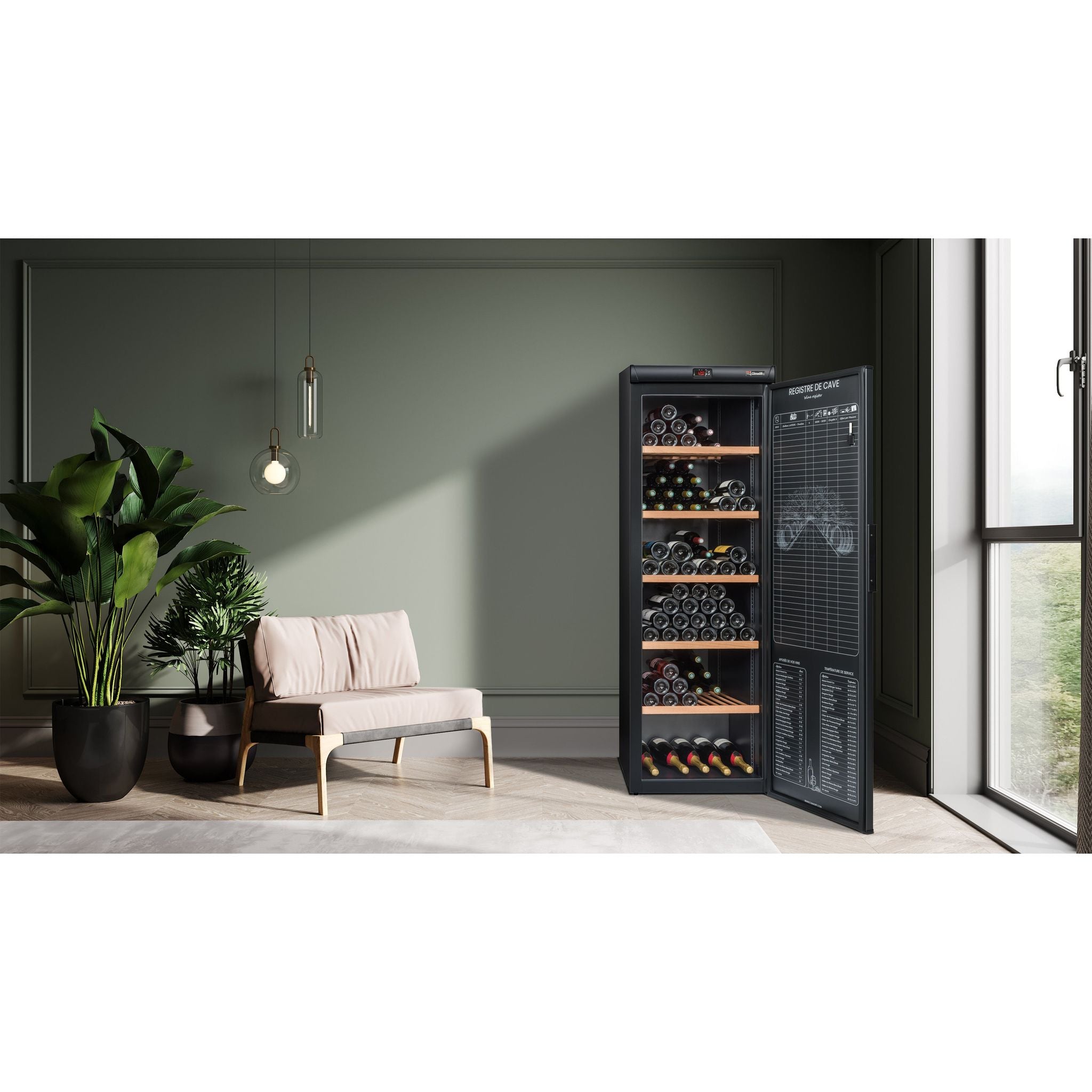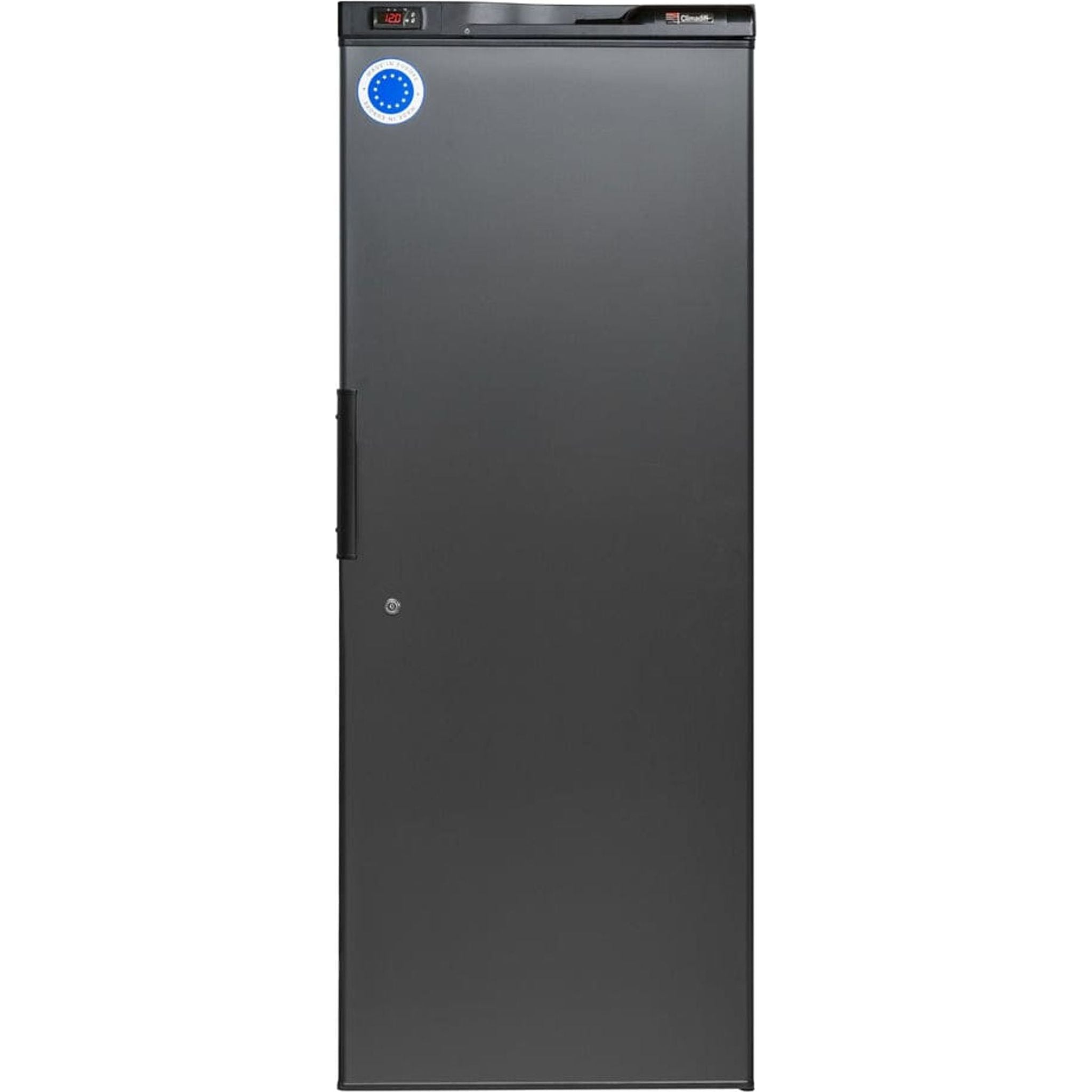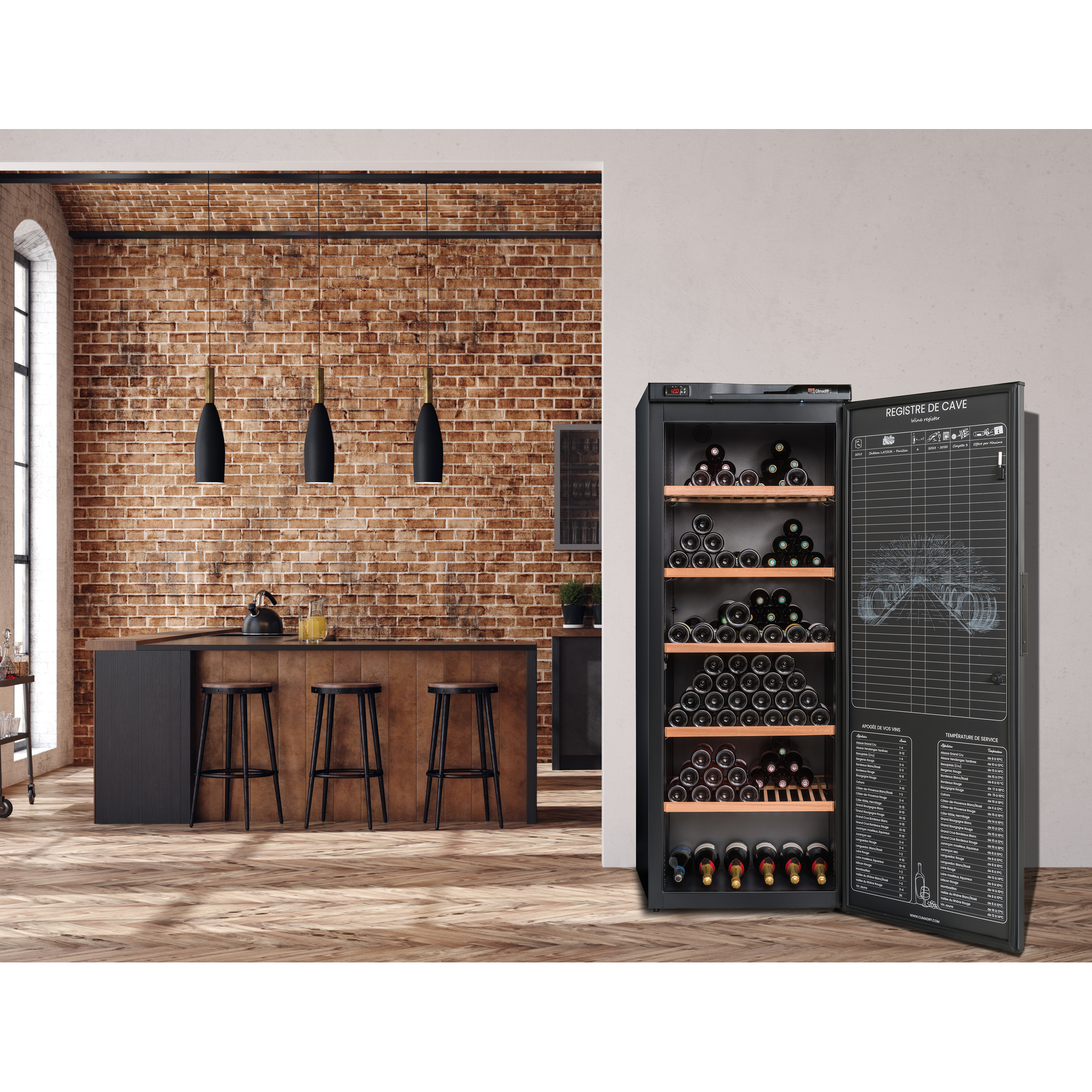Information about the ageing process is key to anyone purchasing wine, and you can usually find this on the label. You may have seen wine labelled as "reserve" and not been exactly sure what it means.
Alternatively, it is known as 'Riserva' or 'Reserva' if the wine is from Spain or Italy. Keep reading to find out the ins and outs of reserve wine.
Facts About Reserve Wine
Traditionally, reserve wines are those which are high-quality. It has usually been matured for a significant period of time, hence the word reserve.
After maturing, it is made available for sale. In the majority of countries, there are no specific requirements for a wine to be labelled as reserve.
It is just one of many key terms that seem impressive but do not have any specific requirements to back them up.
History of Reserve Wine
The concept of reserve wine is said to have originated in cellars where winemakers would hold back or ‘reserve’ some of their wine to be kept and sold at a later date. This would usually come from a productive and good tasting vintage.
In the modern era, the word reserve is an indicator of a high-quality wine that has been aged longer.
The vast majority of wineries take the word very seriously, and the word reserve is used only for their best products.
However, since most countries don’t regulate the word, some producers use ‘reserve’ as a marketing gimmick to sell their average wine.
Countries With Specific Rules For Reserve Wine
There are two countries that have strict rules over which wine can be labelled as reserve. They are Italy and Spain.
Italy, Riserva Wine
In Italy, each specific region has a differing definition of a Reserva wine; however, they do tend to be similar.
The majority of wines must be aged for at least 2 years to attain this label. Amarone must be aged 4 years and Barolo must be aged 5 years.
In Italy, there is strict quality control to ensure that only the best wines can use this label.
Spain, Reserva Wine
In Spain, any wine with the ‘reserva’ label must be aged for at least 3 years with a minimum of 6 months of that time spent in oak barrels. This label is most commonly found on Tempranillo wine.
In general, Spain has a fairly complex ageing system, and the highest quality is kept for the gran reserva label.
Countries Without Specific Rules For Reserve Wine
The majority of countries do not have specific rules for the labelling of reserve wine. This includes the USA, UK, NZ, Chile, and many others.
Thankfully, even without specific requirements, most winemakers respect the label of reserve wine and will only use it for their top tier selections.
It is left up to the consumer to ensure that they check the background of their reserve wine before they buy.
The Importance Of Rules For Reserve Wine
Should all countries have specific rules for reserve wine? This is an important question to ponder as it raises a key point about how wine is marketed.
Ageing and quality are vital pieces of information when it comes to wine, and consumers want to be fully aware of their purchase.
However, it would be more useful to have specific labelling for specific conditions such as if a wine has been kept in french oak for a period of time.
Overall, there does need to be greater clarity so that cheap marketing efforts can be dispelled and so that consumers can have a greater awareness of the specific conditions that a wine has been aged in.
The Role Of Reserve Wine In House Champagne Styles
As we mentioned above, there were historical reasons for holding back wine in reserve.
In the modern era, this still occurs for a number of reasons. These reserve wines can be invaluable in times of poor vintages. This was the case in 2001 where they could be blended in.
Additionally, reserve champagne wines allow for the development of ‘house styles’ which gives further character and complexity. This luxury cannot be kept in large quantities for smaller houses.
Selecting A Reserve Wine
It is easy to find a high-quality reserve wine that matches your specific requirements since there are many varieties available.
On larger production wines, the reserve label is more of a marketing tool.
But, the quality is usually still high. When it comes to Reserva wines from Spain, the label is more indicative of style than quality.
Many of the best bottles in Rioja would not fit the category. This is also the case for Riserva wines from Italy, where the term denotes a specific winemaking recipe.
Although it can be said some of the best wines from Italy do in fact meet the label.
These include classics such as Giacomo Conterno Monfortino Barolo Riserva from Piedmont and Biondi Santi Brunello di Montalcino Riserva from Tuscany.
Optimal Storage Conditions For A Reserve Wine
When it comes to reserve wine, you should take the greatest care for storage. After all, you want to protect your investment in a high-quality reserve wine.
To make sure that you maintain the best quality, you can follow these tips for storage:
- Avoid excessive UV light
- Avoid temperature/humidity fluctuations
- Keep your Wine Stationery and in an area away from vibrations
- Consider storing your wine in a dedicated cabinet or refrigerator
Summary
You will now have a clear idea of what is meant by the term "reserve" wine. It is a well-respected label that most winemakers respect, and the specific term has important connotations in both Italy and Spain.
In the rest of the world, it provides an indication that a wine is of a high-quality standard. But, since there are no official requirements, you should always do your own research to ensure that you are receiving a wine of a high standard that has been sufficiently aged.
In order to store your wine safely, consider getting a wine cooler.
Wine coolers are the ideal storage unit for collectors. If you need to store your reserve wine, we also have a variety of high-capacity storage cabinets within our Climadiff collection. Climadiff has become a favourite of wine connoisseurs - we stock a wide range of Climadiff products across our site for customers to choose from.
Regardless of the wine variant that you’re housing, we recommend you keep your alcoholic goods in a safe space at the right temperature.
Both temperature and humidity control are key, and that’s exactly why we stock quality storage units that can help with that. To find out more about Climadiff, feel free to contact us.

